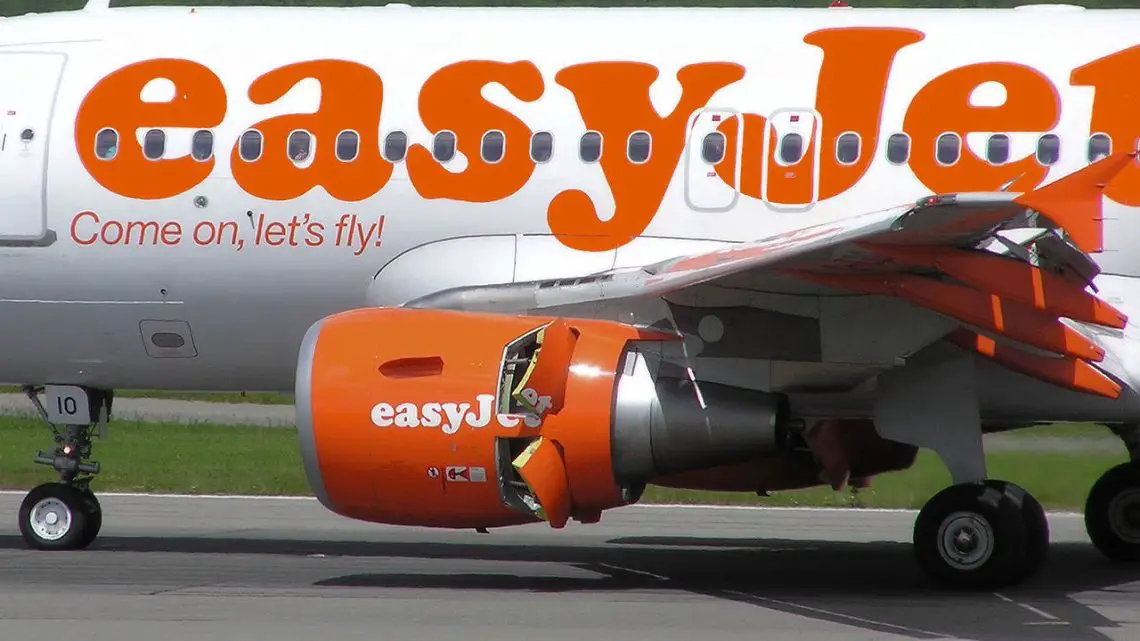
EasyJet pours “multi-million” dollar investment into hydrogen planes
October 3, 2022The European airline is betting on Rolls Royce H2 jet engine development to meet its 2050 targets.
The European EasyJet airline recently announced that it was making a “multi-million” dollar investment into hydrogen planes as a component of its broader decarbonization goals for 2050.
This is the first time the airline has shown that it is all-in for aircraft that are powered by H2.
“While EasyJet is looking at all options for zero-carbon emissions flight, based on today’s technological advances, hydrogen shows the most potential for a short-haul airline to truly decarbonise,” explained EasyJet in the recently published Roadmap to NetZero.
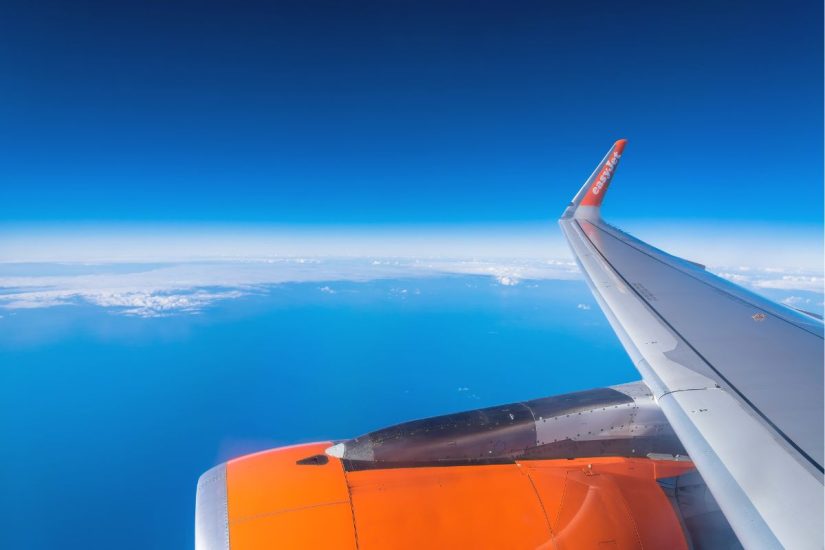
That said, the company also underscored that the aviation industry as a whole will not be able to fully decarbonize and reach all their carbon emission reduction targets without government policy and financial support for the development, purchase, use and maintenance of zero-carbon-emission aircraft.
EasyJet’s choice to move ahead with this particular technology is likely to have to do with its existing partnership with Rolls-Royce from the UK. The companies have already been working together in the development of a jet engine powered by burning liquid hydrogen.
The airline has announced that this relationship will expand and begin hydrogen plane ground tests.
Very few specifics were shared by the airline from the United Kingdom. That said, it has stated that it will be sending a “multi-million pound” amount of money into this H2 project. That said, the first ground tests for the project are apparently imminent.
The intention is to be able to use a combination of biomass-derived sustainable aviation fuels (SAFs), combined with a newly designed fuel-efficient aircraft and artificial intelligence-assisted operational efficiencies. Among those include landing optimization for 35 percent carbon emission reductions when compared to 2019. It intends to reach those targets by 2035. Once that phase is complete, a second will begin and will involve zero-emission aircraft instead of only emission-reduced models.
According to EasyJet’s Roadmap to Zero, it expects to be able to have reduced its 2019 carbon emission levels by 78 percent by 2050. About half of that target will be reached by flying zero-emission aircraft such as hydrogen planes.
Let’s sum it all up in these main points for this hydrogen news story…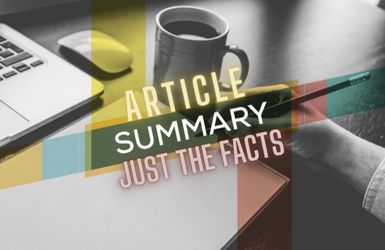
•EasyJet, a European airline, has announced that it is making a “multi-million” dollar investment into hydrogen planes as a component of its broader decarbonization goals for 2050.
• This is the first time the airline has shown that it is all-in for aircraft that are powered by H2.
• The company also underscored that the aviation industry as a whole will not be able to fully decarbonize and reach all their carbon emission reduction targets without government policy and financial support for the development, purchase, use and maintenance of zero-carbon-emission aircraft.
• EasyJet’s choice to move ahead with this particular technology is likely to have to do with its existing partnership with Rolls-Royce from the UK.
• The intention is to be able to use a combination of biomass-derived sustainable aviation fuels (SAFs), combined with a newly designed fuel efficient aircraft and artificial intelligence assisted operational efficiencies.

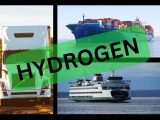
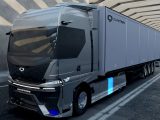
 With over 15 years of reporting hydrogen news, we are your premier source for the latest updates and insights in hydrogen and renewable energy.
With over 15 years of reporting hydrogen news, we are your premier source for the latest updates and insights in hydrogen and renewable energy.